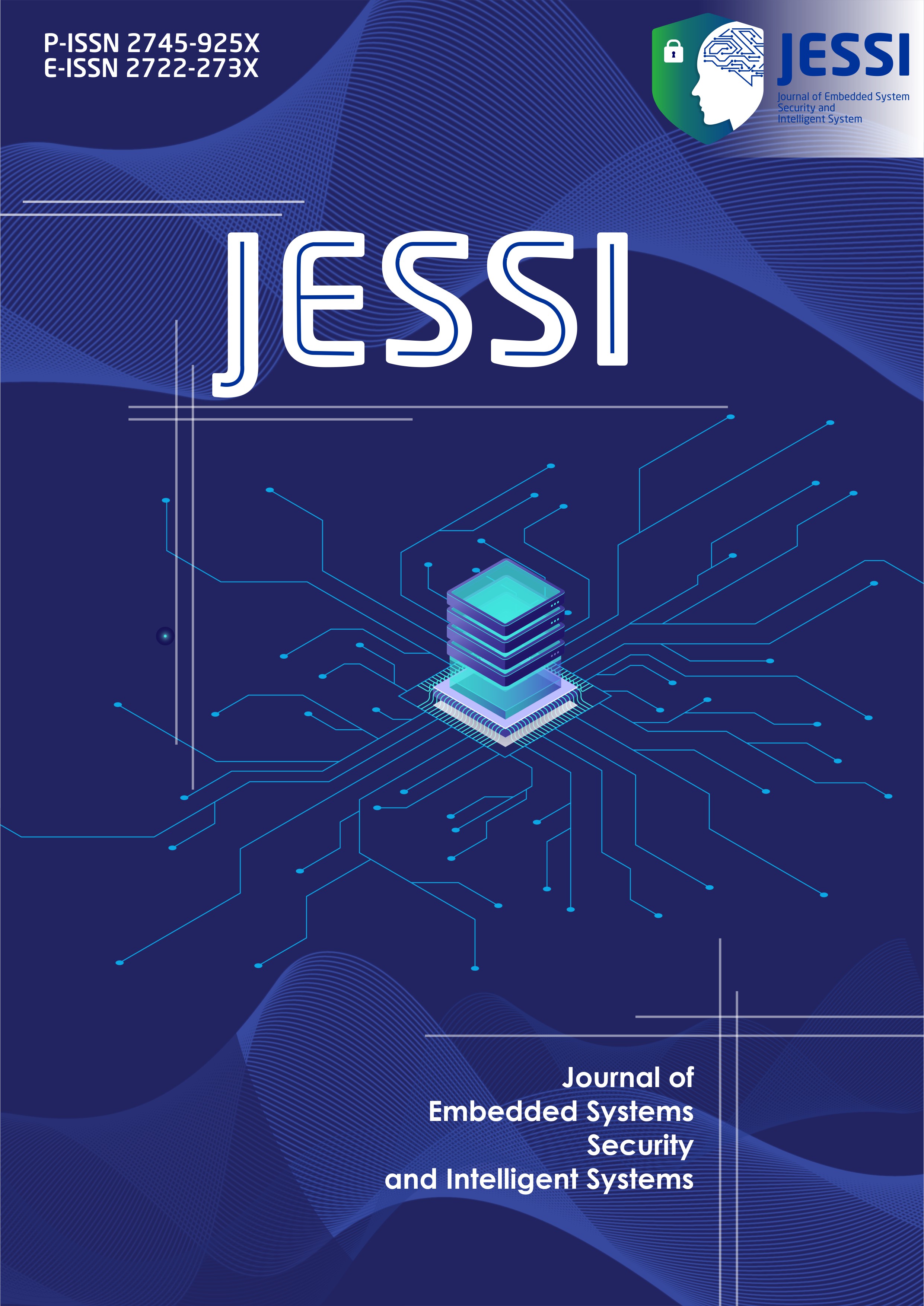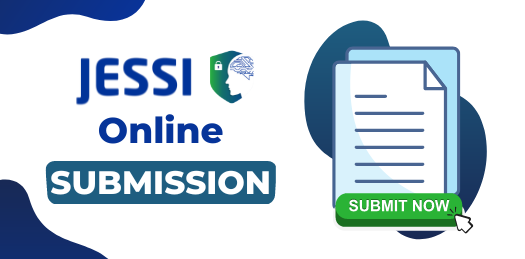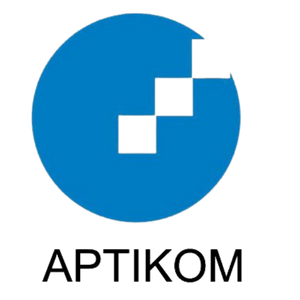Sistem Monitoring Lab Terintegrasi Prodi Teknik Komputer Berbasis Knowledge Management System
Keywords:
Knowledge Management System, Basis Pengetahuan, Waterfall ModelsAbstract
Basis pengetahuan civitas akademik diimplementasikan ke dalam sebuah sistem monitoring lab terintegrasi berbasis knowledge managemant system dapat meningkatkan kualitas kerja, dokumentasi dan meningkatkan kualitas program studi Teknik Komputer Universitas Negeri Makassar. Tujuan penelitian ini: 1) merancang sistem monitoring lab terintegrasi berbasis knowledge management system pada program studi Teknik Komputer Universitas Negeri Makassar 2) sebagai layanan informasi, pelayanan, dan dokumentasi program studi Teknik Komputer Universitas Negeri Makassar. Hasil yang diperoleh pada penelitian ini adalah sebuah sistem monitoring lab terintegrasi berbasis knowledge managemant system dirancang menggunakan pendekatan waterfall models dan telah diuji validasi fungsionalitas sistem berjalan dengan baik. Proses interaksi basis penegetahuan admin dan user pada sitem monitoring lab terintegrasi berbasis knowledge managemant system menghasilkan 3 model interaksi pada penelitian adalah tacit – explicit, explicit – explicit, dan explicit – tacit.
Downloads
References
A. Buchori, P. Setyosari, I. W. Dasna, and S. Ulfa, “Mobile Augmented Reality Media Design with Waterfall Model for Learning Geometry in College,” Int. J. Appl. Eng. Res., vol. 12, no. 13, pp. 3773–3780, 2017.
A. N. Afif, F. Noviyanto, S. Sunardi, S. A. Akbar, and E. Aribowo, “Integrated application for automatic schedule-based distribution and monitoring of irrigation by applying the waterfall model process,” Bull. Electr. Eng. Informatics, vol. 9, no. 1, pp. 420–426, 2020.
G. Santoro, D. Vrontis, A. Thrassou, and L. Dezi, “The Internet of Things: Building a knowledge management system for open innovation and knowledge management capacity,” Technol. Forecast. Soc. Change, vol. 136, pp. 347–354, 2018.
K. Iskandar, “Perancangan Knowledge Management System menggunakan Tools" Book Review": Studi Kasus pada Universitas Bina Nusantara,” ComTech Comput. Math. Eng. Appl., vol. 5, no. 2, pp. 1144–1154, 2014.
M. A. Astorga-Vargas, B. L. Flores-Rios, G. Licea-Sandoval, and F. F. Gonzalez-Navarro, “Explicit and tacit knowledge conversion effects, in software engineering undergraduate students,” Knowl. Manag. Res. Pract., vol. 15, no. 3, pp. 336–345, 2017.
M. Loon, “Knowledge management practice system: Theorising from an international metastandard,” J. Bus. Res., vol. 94, pp. 432–441, 2019.
S. A. Al hbabi, S. K. Singh, S. Balasubramanian, and S. S. Gaur, “Employee perception of impact of knowledge management processes on public sector performance,” J. Knowl. Manag., 2019.
W. K. Sari and K. D. Tania, “Penerapan knowledge management system (kms) berbasis web studi kasus bagian teknisi dan jaringan fakultas ilmu komputer universitas sriwijaya,” J. Sist. Inf., vol. 6, no. 2, 2014.
Y.-M. Wang and Y.-C. Wang, “Determinants of firms’ knowledge management system implementation: An empirical study,” Comput. Human Behav., vol. 64, pp. 829–842, 2016.
Z. Chen and X. Xu, “Study on construction of knowledge management system based on enhancing core competence of industrial clusters,” Int. J. Bus. Manag., vol. 5, no. 3, p. 217, 2010
Downloads
Published
How to Cite
Issue
Section
License

This work is licensed under a Creative Commons Attribution-ShareAlike 4.0 International License.


































